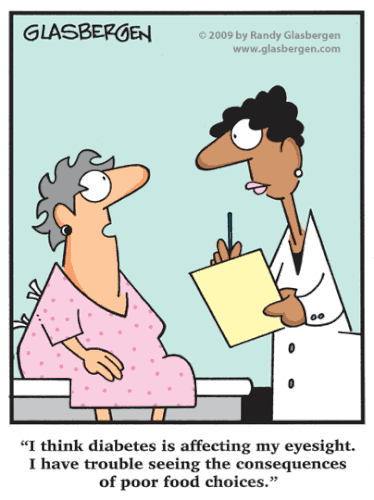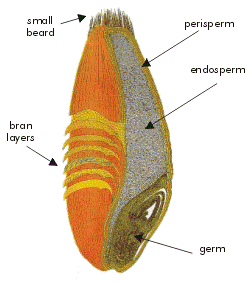I read that research and I agree that fructose is instrumental in insulin resistance. Even Dr Robert Lustig goes into it in ge video I posted.
This was interesting specifically because fructose doesn’t cause an insulin spike… so why does it cause insulin resistance.
This is because it hits home in the liver with fatty liver disease (bunny said it) with accumulation of visceral fat. The liver is the master controller of metabolism and with it down, insulin resistance follows.
However, Dave Feldman, Ben Bikman, Jason Fung, Paul Mason, Ivor Cummins, among many as well the paper I cited (published back in 1996), all show a second path to the disease. And that goes through the more direct path of adiposite overflow. Basically, the constant (yes chronic) flow of glucose causes chronic insulin and continuous sequestration of triglycerides into adiposites.
There are some people who have the genetic ability to continue to create new adiposites and these people get huge with fat, but do not develop insulin resistance. This is because there are new storage sites constantly being created to absorb the triglycerides with the same level of insulin. Insulin has an epigenetic effect of triggering this new “fresh” fat cell creation here.
But there are other people who are genetically unable to do this. They can be thin and their fat cells are “done”. There is no more room to stuff more triglycerides into the existing adiposites. So they swell. As they do, they resist the body trying to force more triglycerides into them. So the body has to force it in - literally. It issues more and more insulin to drive more into the existing cells … glucose levels rise, insulin levels rise, the fat cells swell and become unhealthy… insulin resistance.
Most of us are somewhere between the two extremes. But the mechanism is the same. Eat glucose… fill adiposite… maximize genetic ability to have adiposite… overfill adiposite to the extreme… unregulated insulin… repeat until insulin resistance…
So you can make the argument that fructose causes fatty liver with is a super accelerator to insulin resistance. Yes. But there is a secondary path to adiposite overfill also causing insulin resistance.
Ignoring this is like saying that standing in front of a fast moving truck kills you but if it’s a moving VW Beatle (car from the 60s for you kids), you should be ok… mmmm no.





